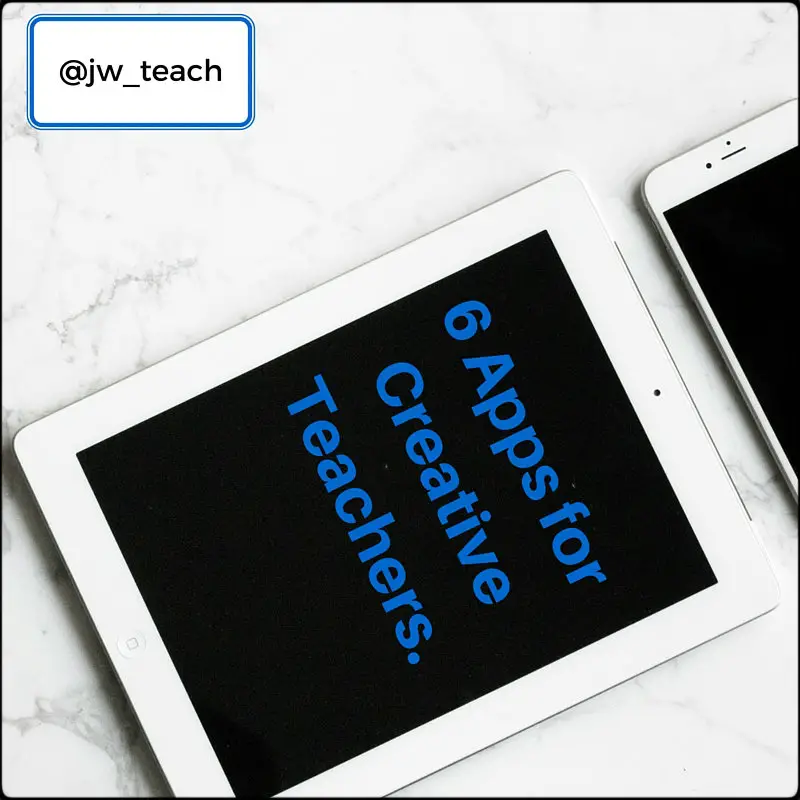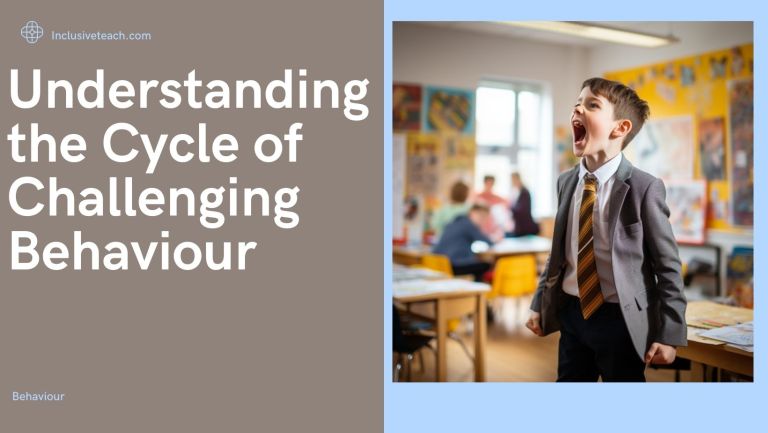26 Common Interview Questions For Primary School Teachers
The role of a primary school teacher is multifaceted, requiring a blend of academic knowledge, interpersonal skills, and a deep understanding of child development. Here are 26 potential interview questions for primary school teachers, each followed by an example of how you as a candidate might respond. You will also have to back these up with examples and evidence of impact where possible.
These questions have been written for primary school teachers but some will be applicable for Secondary or SEN settings. The interview panel will ask between 7 and 11 questions in an interview.
Check out our other teacher interview posts.
Where possible the examples given for each interview question incorporate elements of Rosenshine’s principles of Instruction.
26 Primary School Interview Questions.
How would you set high expectations and challenge for pupils of varying abilities?
“I believe in setting individualised goals for each student aligned to Rosenshine’s principle of providing scaffolding for difficult tasks. For instance, I might challenge a student who excels in maths to solve more complex problems, while encouraging a student who needs support with reading to increase their fluency. I would start by modelling the process then gradually removing supports as their skills improve.”
What strategies would you use to build a safe and positive learning environment in your classroom?
“I would establish clear rules and expectations from day one, and consistently reinforce them through behaviour management strategies. I would also promote a culture of respect and kindness, where students feel comfortable expressing their thoughts and ideas. I would also ensure no pupil is left behind or feels disengaged my using carefully planned scaffolding and support.
How do you plan your lessons to build upon pupils’ prior knowledge and abilities?
“I use formative assessments to gauge students’ understanding of a topic before introducing new material in line with Rosenshine’s principle of checking for understanding. This allows me to tailor my lessons to their existing knowledge and skills by activating relevant background knowledge. Before moving on, I would check for understanding among pupils using techniques such as RITE questions.”
What steps would you take to ensure all pupils make good progress in your class?
“I would regularly assess students’ progress through formative feedback and targets. I would also differentiate my instruction by adjusting content or process by presenting new knowledge in small steps to provide additional support to those who are struggling through guided practice and modelling strategies with effectiveness cues. When students are ready, I would use independent practice to strengthen their learning.”
How do you keep your subject knowledge and teaching skills up to date?
“I regularly attend professional development workshops and read educational literature to expand my subject knowledge by seeking out good quality evidence informed ongoing subject-specific training. I also collaborate with colleagues to share best practices and new ideas through coaching and mentoring other teachers.”
What strategies would you use to promote literacy and a love of learning in your pupils?
“I would incorporate a variety of texts into my lessons and encourage students to read widely following the EEF guidance on reading. I would also make learning interactive by relating lessons to pupils’ everyday experiences, and show students how what they’re learning is relevant to their lives to foster motivation and enjoyment of learning.”
How would you differentiate your teaching to meet the needs of all pupils including those with SEND and EAL?
“I would use a variety of teaching methods and materials tailored to different learning needs. I would also work closely with the SENDCO and external specialists to scaffold learning and provide alternative forms of assessment.”
How do you use assessment to identify gaps in pupils’ understanding and set targets for improvement?
“I use both formative and summative assessments aligned with A model for great teaching’s use of frequent, good quality questioning to identify gaps or misconceptions. I then set specific, measurable, achievable, relevant, and time-bound (SMART) targets for improvement to enhance pupil progress.”
What behaviour management strategies do you employ to maintain a disciplined but positive learning environment?
“I use positive reinforcement through praise and rewards to encourage good behaviour reinforcing effort and providing recognition. I also consistently enforce the behaviour policy for inappropriate behaviour to promote self-regulation skills and help them manage their own behaviour.” Read the behaviour policy and ensure it aligns with your principles here!
How do you build effective relationships with pupils and involve parents in their child’s learning?
“I strive to build a rapport with each student through expressing interest in their lives which cultivates positive relationships. I also communicate regularly with parents about their child’s progress and ways they can support their learning at home to foster collaboration.”
What types of professional development have you engaged in to develop your teaching skills?
“I have attended workshops on topics such as adaptive teaching, classroom management, and teaching English language learners to expand my knowledge and skills. I have also pursued additional certifications in reading instruction and autism to strengthen my practice.”
How do you ensure all support staff are used effectively in your classroom?
“I would meet regularly with support staff to discuss students’ needs and plan strategies to support pupil progress. I would also delegate tasks that make the best use of their skills and expertise through clear expectations for their role in lessons. When needed I would hold my team to account“
What examples can you give of adapting your lessons based on feedback from colleagues?
“After a peer observation, a colleague suggested that I incorporate more hands-on activities into my science lessons to foster motivation. I took this feedback on board and saw a significant improvement in student engagement.”
Why is it important to treat all pupils with dignity and respect?
“Treating students with dignity and respect helps to build a positive classroom culture where all students feel valued and safe. It also models the kind of behavior we expect from them.
How do you ensure your personal beliefs do not influence your teaching in an inappropriate way?
“I strive to maintain a neutral stance on controversial issues and teach students to consider multiple perspectives. I also respect the diversity of students’ backgrounds and beliefs to foster inclusivity.”
Why is good attendance and punctuality important for a teacher?
“Good attendance and punctuality set a positive example for students and show respect for their time. It also ensures that valuable teaching time is not lost, allowing me to cover content in sufficient depth.”
What are your responsibilities under statutory frameworks related to teaching?
“My responsibilities include delivering the national curriculum, safeguarding students’ welfare, and adhering to policies on issues such as data protection and health and safety. I keep up to date with changes through ongoing training.
How do you model fundamental British values for your pupils?
“I incorporate lessons on democracy, the rule of law, individual liberty, and mutual respect and tolerance into my teaching. I also model these values in my interactions with students and colleagues.
What have you done outside of the classroom to support the wider life of the school?
“I have organised after-school clubs, participated in school events, and served on committees to improve school policies and practices. This demonstrates my willingness to contribute to the overall school community.
Why is maintaining high ethical and professional standards important for teachers?
“Maintaining high ethical and professional standards is crucial for building trust with students, parents, and colleagues. It also upholds the integrity of the teaching profession.
Sum Up
We hope these questions for interviews for a primary school teaching job provide you with some inspiration for your own answers.








3 Comments